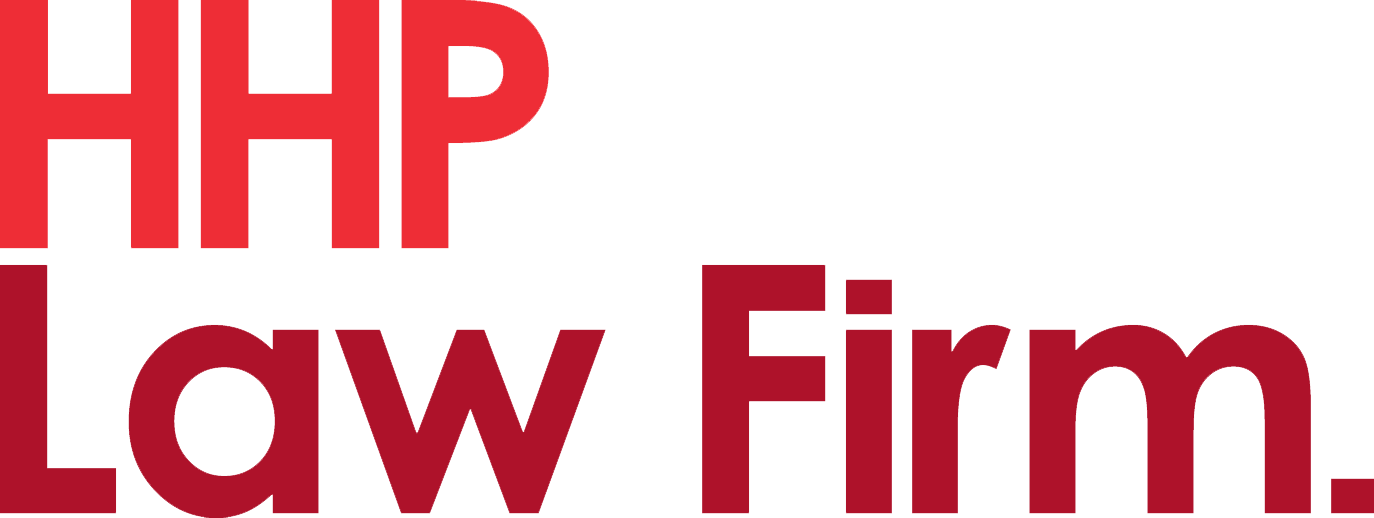Get the certification and an extra layer of protection for your company
In brief
Companies with effective Antitrust & Competition Compliance Programs (ACCP) may benefit from more lenient sanctions if KPPU (the Indonesian Competition Authority, Komisi Pengawas Persaingan Usaha) finds an infringement in the future. KPPU Regulation No. 1 of 2022 on ACCP (“KPPU Regulation“) was issued earlier this year to provide further guidance for the implementation of Article 15(a) of Government Regulation No. 44 of 2021.
To receive the compliance credit, it is important to ensure your ACCP meets the requirements of the KPPU Regulation and then secure the KPPU certification (a stipulation that will be valid for five years, and is renewable).
Ten things to include in your company’s ACCP
The following are the minimum components of an effective ACCP under the KPPU Regulation – which should cover the company’s business activities in Indonesia:
- Leadership commitment
- Appointed person in charge overseeing the implementation of the ACCP
- Risk identification relevant to the business practice of the company
- Risk mitigation to address the identified risks
- Training program
- Supervisory program, e.g., regular and/or targeted check-up
- Whistleblowing/reporting channel
- Monitoring and evaluation
- Sanctions and disciplinary action
- Mechanism for adjustment and updating
Don’t wait until it’s too late
Having a good and effective ACCP will not only benefit your business in Indonesia. If you are a global company, you may also benefit from compliance credit acknowledged by different competition authorities across the globe.
If you wish to discuss how your business should design and implement an effective ACCP, and apply for certification from the KPPU, please reach out to our key contacts listed on this client alert.
* * * * *

© 2022 HHP Law Firm. All rights reserved. HHP Law Firm is a member firm of Baker & McKenzie International. This may qualify as “Attorney Advertising” requiring notice in some jurisdictions. Prior results do not guarantee a similar outcome.




